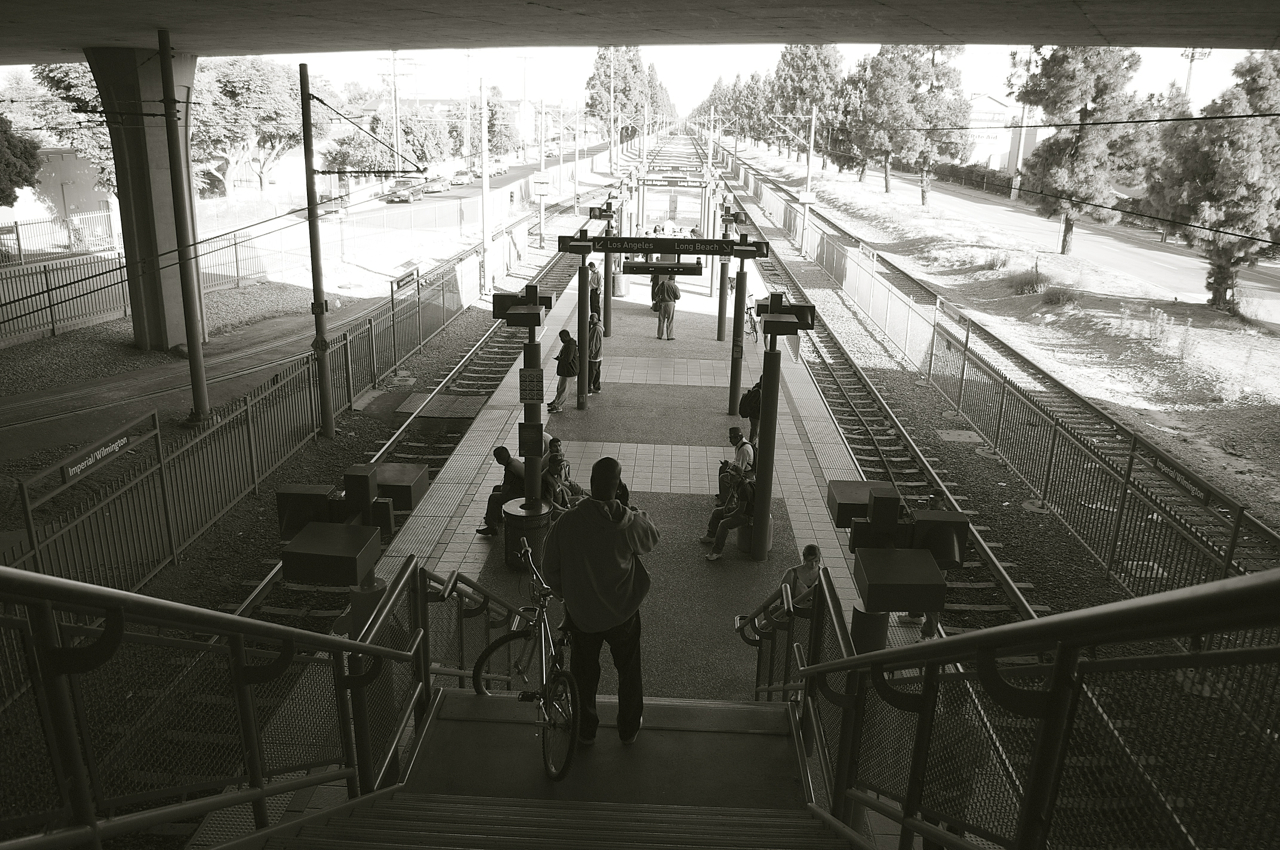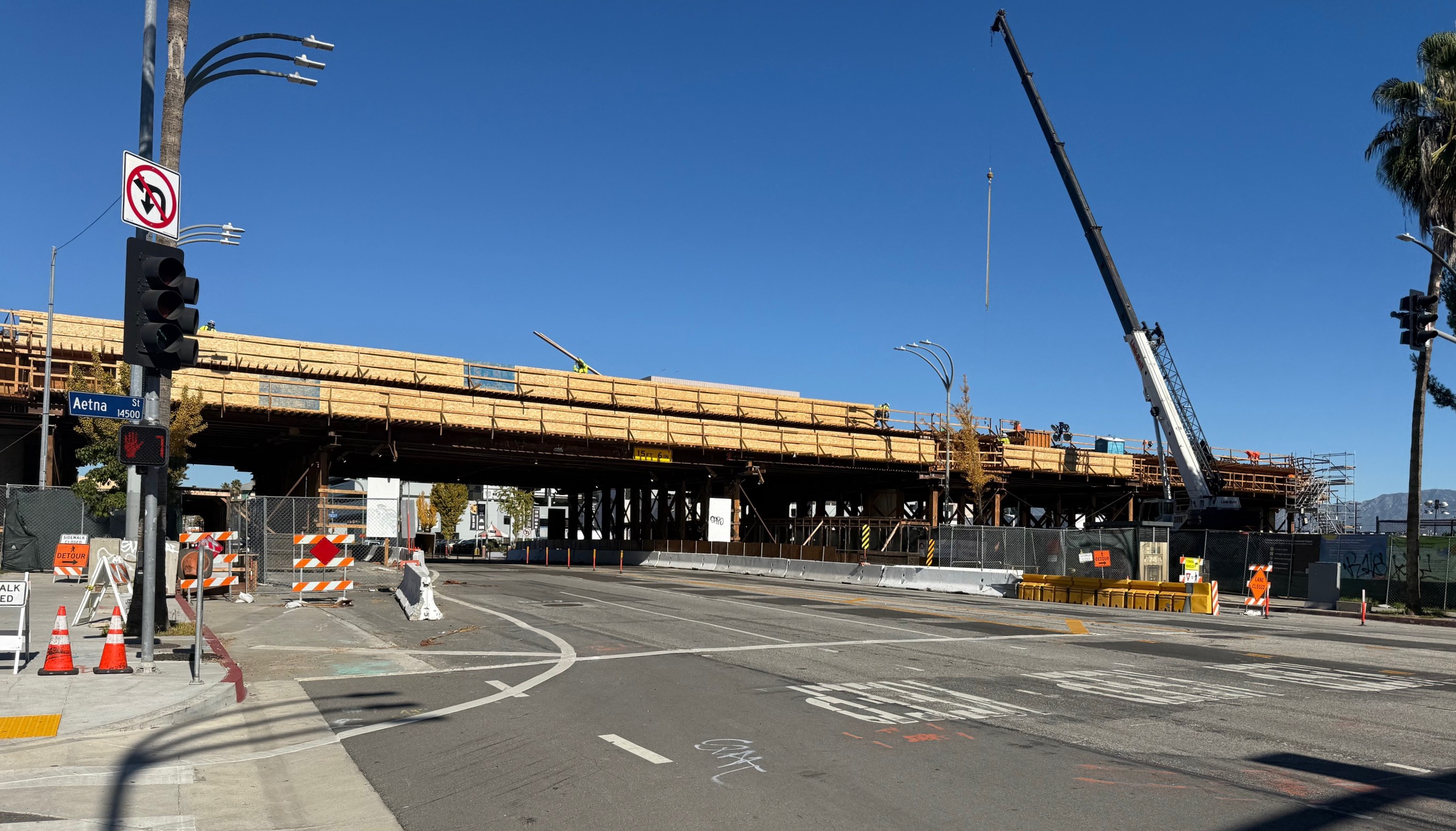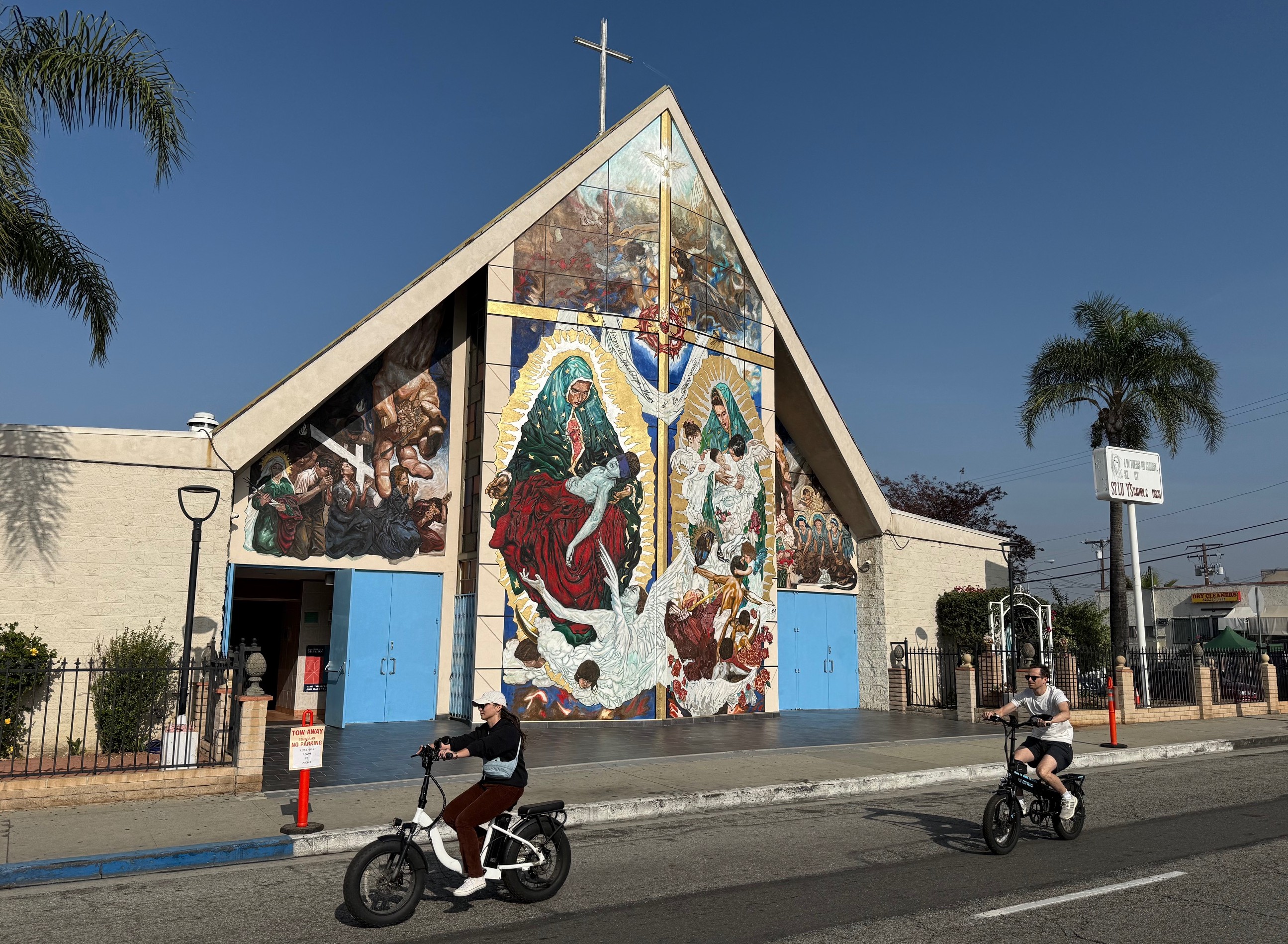After Measure S was soundly defeated at the ballot box this past March, the prevailing view seemed to be that it represented a vote in favor of greater density, particularly more infill and transit-oriented development. Which, in some ways, it was.
In other ways, it was a grudging vote against a measure that would have ultimately done more harm than good for the people it purported to be protecting from displacement while also freezing zoning in ways that would have benefited the communities of the well-to-do at the expense of everyone else.
The latter seems to have gotten lost in the shuffle. And that's a problem. Because adhering to the prevailing assumption means that we are not having some of the larger, city-wide conversations we need to be having about what that development should look like going forward or what it will take to ensure that it is inclusive, holistic, and just.
With the recent passage of Measure JJJ - requiring developers to pay higher wages and build below-market rate units if they get exemptions from key planning rules - and Metro's guidelines for Transit-Oriented Communities - the effort to incentivize the construction and preservation of affordable housing within particular distances from rail stations and places where at least two buses stop - going into effect today, the city is beginning to take some steps in the right direction.
But there's much more to be done. And so much more that needs to be discussed with regard to how to ensure that those on the margins are not left behind or priced out of the city altogether as it grows, particularly now, as our Dotard-in-Chief works to further weaken the few tools cities have to promote equitable and just development.
It thus seems a good a moment as any to revisit the conversation between national leaders on equity held last month at USC - now available for your viewing pleasure (below).
The panel discussion, organized by Alliance for Community Transit - Los Angeles (ACT-LA), and the Program for Environmental and Regional Equity (PERE), explored how L.A. might use values-based approaches in targeting the public dollars it will reap from Measure M.
Over the course of about an hour and a half, panelists Angela Glover Blackwell (CEO, PolicyLink), Patrisse Khan-Cullors (Co-Founder, Black Lives Matter), Isela Gracian (President, East Los Angeles Community Corporation), Madeline Janis (Executive Director, Jobs to Move America), and moderator Manuel Pastor (Director, PERE), with an opening presentation by Julie Chavez Rodriguez (from the Office of U.S. Senator Kamala Harris), touched on everything from disinvestment, to mass incarceration and repressive policing, to policies rooted in freeing companies to invest in apartheid South Africa, to the legacy of redlining, to procurement and hiring practices, to displacement and gentrification, to community-level trauma and resilience. Panelists had much to say about who and what the city should take into consideration going forward, who wasn't being heard and how/why that mattered, and how to take advantage of opportunities projects presented to reach those that were most in need.
One of the goals of such a wide-ranging conversation, Pastor said in his opening remarks, was to break the silos that keep us from being able to think more creatively about development or build ties across sectors. Too often when we think about infrastructure, he said, we aren't also thinking about jobs, education, or incarceration. Just as we might think about Charlottesville and nazis when we think about racism instead of acknowledging the way white supremacy is embedded within our structures and our planning policies.
Against a backdrop of the increased privatization of public services, he continued, it is even more critical that we address these embedded biases and build movements uplifting racial equity as part of efforts to protect communities vulnerable to displacement.
There are a number of important takeaways from the conversation found above. For me, the overarching one is the importance of intentionality in policy-making and coalition-building: acknowledging those that have been left behind; recognizing the racist roots of some of our more intractable socio-economic issues and being willing to call them out by name; and shifting investment from structures, practices, and policies that perpetuate harm to those aimed at righting historical wrongs.
If L.A. is going to continue to be seen as a place from which the rest of the country takes its lead, Khan-Cullors said as she wrapped up her presentation, "This is our moment to challenge to this administration...to challenge local government" to do that important work.
This was the moment, she said, to build intentional coalitions "to decide how we are going to recreate Los Angeles" because her sixteen-month-old child deserved a better future than the one visited upon too many in her community.
"If we can't change this place," she asked, "then, how are we going to change the rest of the world?"







